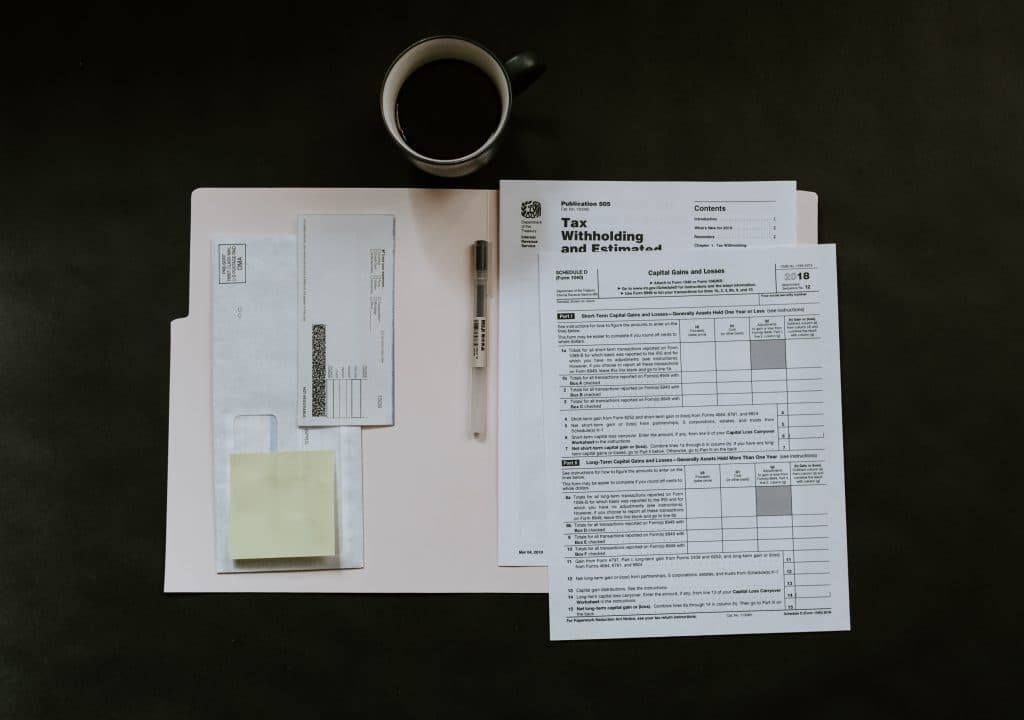Choosing the right professional for your financial needs is a critical decision for individuals and businesses in todays digital age. Whether you require assistance with tax planning, bookkeeping, or financial advisory services, knowing How to choose an accountant is imperative.
In the UK, various complex tax regulations require the professional eye, as the saying goes cross your T’s and dot your I’s
We’ll explore the most important factors to consider when selecting an accountant and provide tips to ensure you make an informed choice.
1. Qualifications and Credentials:
One of the first things to check when choosing an accountant in the UK is their qualifications and credentials. Look for individuals who are members of recognized accounting bodies such as the Institute of Chartered Accountants in England and Wales (ICAEW), the Association of Chartered Certified Accountants (ACCA), or the Chartered Institute of Management Accountants (CIMA). Membership in these organizations ensures that the accountant has met strict professional standards and continues to update their knowledge through ongoing education.
2. Relevant Experience:
Consider the accountant’s experience and expertise in the specific areas that align with your needs. If you run a small business, for example, it would be beneficial to work with an accountant who has experience dealing with businesses of a similar size and industry. Likewise, if you require specialized tax advice, seek an accountant with a proven track record in taxation.
3. Range of Services:
Before making a decision, it’s essential to ascertain whether the accountant offers the full range of services you require. Some accountants may specialize in specific areas, such as taxation or auditing, while others offer a more comprehensive suite of services, including payroll, financial planning, and business advisory. Choose an accountant whose services match your unique needs and financial goals.
4. Industry Knowledge:
Different industries have distinct accounting practices and regulations. If you operate in a niche sector, consider finding an accountant who possesses knowledge and familiarity with your industry’s specific financial requirements. Their industry insights can prove invaluable in optimizing your financial strategies and ensuring compliance with relevant laws.
5. Proximity and Accessibility:
While many accounting tasks can be conducted online, having an accountant with a physical office nearby can be beneficial, especially if you prefer face-to-face meetings. Consider the convenience of their location and their accessibility for meetings or urgent matters.
6. Fees and Billing:
Accounting fees can vary significantly depending on the accountant’s expertise and the scope of services provided. Request a clear breakdown of their fees and billing structure before engaging their services. Some accountants charge by the hour, while others offer fixed-rate packages. Make sure you understand how they bill for their services to avoid any surprises later on.
7. Client Reviews and Testimonials:
Online reviews and testimonials from past or current clients can provide valuable insights into an accountant’s reputation and service quality. Look for feedback regarding their responsiveness, professionalism, and the overall experience of working with them.
8. Ethical Standards:
Choose an accountant who adheres to high ethical standards. Integrity and trustworthiness are crucial traits for someone handling your financial matters. You can check if they are registered with a recognized professional body, as these organizations have codes of conduct that their members must follow.
Now you know how to choose an accountant, here’s some things to aviod
Poor Communication and Responsiveness:
Effective communication is essential in any professional relationship, including the one with your accountant. Immediate red flags for accountants with bad communication!
If the accountant is unresponsive, takes an unusually long time to return calls or emails, or fails to explain complex financial matters clearly, it could be a significant red flag. The least they should be doing is managing expectations.
A lack of prompt and transparent communication may lead to misunderstandings, missed opportunities, or potential compliance issues. A reliable and dedicated accountant should be proactive in keeping you informed and be readily available to address your concerns.
Unethical Behaviour or Questionable Practices:
Be wary of any signs of unethical behaviour or questionable practices. This includes an accountant who encourages or participates in tax evasion schemes, inflates deductions or expenses without proper documentation, or provides false information to tax authorities.
Such behavior can lead to severe legal and financial consequences for you as the client. Always prioritize working with an accountant who upholds high ethical standards and operates within the bounds of the law.
Lack of Transparency in Fees and Billing:
If an accountant is not upfront or transparent about their fees and billing practices, it could be a red flag. Beware of hidden charges or ambiguous billing structures that can lead to unexpected costs down the line. Reputable accountants should be willing to provide a clear breakdown of their fees and the services included in their packages, ensuring you have a complete understanding of the costs involved.
Conclusion:
Choosing the right accountant is a vital step in managing your finances effectively and ensuring compliance with UK tax laws. Look for qualified professionals with relevant experience, industry knowledge, and a comprehensive range of services.
Consider their reputation, accessibility, and ethical standards when making your decision. By following these guidelines and thoroughly assessing potential candidates, you can find an accountant who will be an invaluable asset to your financial success. Remember that every financial situation is unique, so take the time to find an accountant who best fits your specific needs and goals. If you’re seeking financial solutions for your business, Funding Guru is your all-in-one partner.


